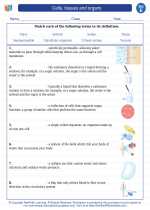Noise: An Introduction
Noise is a form of sound that is generally considered to be unpleasant, disruptive, or unwanted. It can come from various sources and can have different effects on people and the environment.
Sources of Noise
Noise can come from natural sources such as thunder, wind, and animal calls. It can also be generated by human activities, including industrial machinery, transportation, construction, and recreational activities.
Effects of Noise
Noise can have several effects on individuals and the environment. It can cause hearing loss, sleep disturbances, stress, and other health issues in humans. In the environment, noise pollution can disrupt ecosystems and wildlife, affecting their behavior and survival.
Measuring Noise
Noise is measured in decibels (dB), and the level of noise can vary depending on the source and distance from the source. There are regulations in place to limit the amount of noise that can be produced in different settings, such as residential areas, workplaces, and public spaces.
Reducing Noise
There are various methods for reducing noise, including using sound insulation, creating barriers, implementing noise control measures in machinery, and designing urban spaces with noise reduction in mind.
Study Guide
- What is noise and how is it different from regular sound?
- What are some natural sources of noise?
- How can noise affect human health?
- What are the effects of noise pollution on the environment?
- How is noise measured and what are the units used?
- What are some methods for reducing noise in different settings?
Understanding the concept of noise and its impacts is essential for creating a more peaceful and healthy environment for both humans and the natural world.
.◂Science Worksheets and Study Guides Fifth Grade. Cells, tissues and organs

 Worksheet/Answer key
Worksheet/Answer key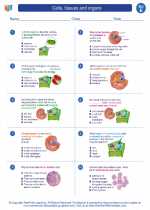
 Worksheet/Answer key
Worksheet/Answer key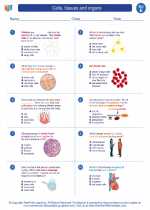
 Worksheet/Answer key
Worksheet/Answer key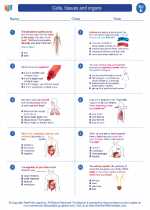
 Vocabulary/Answer key
Vocabulary/Answer key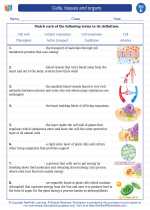
 Vocabulary/Answer key
Vocabulary/Answer key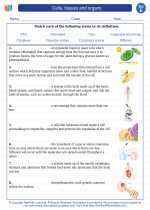
 Vocabulary/Answer key
Vocabulary/Answer key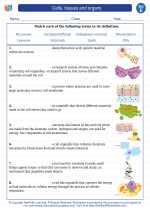
 Vocabulary/Answer key
Vocabulary/Answer key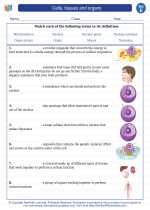
 Vocabulary/Answer key
Vocabulary/Answer key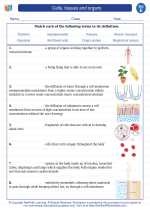
 Vocabulary/Answer key
Vocabulary/Answer key